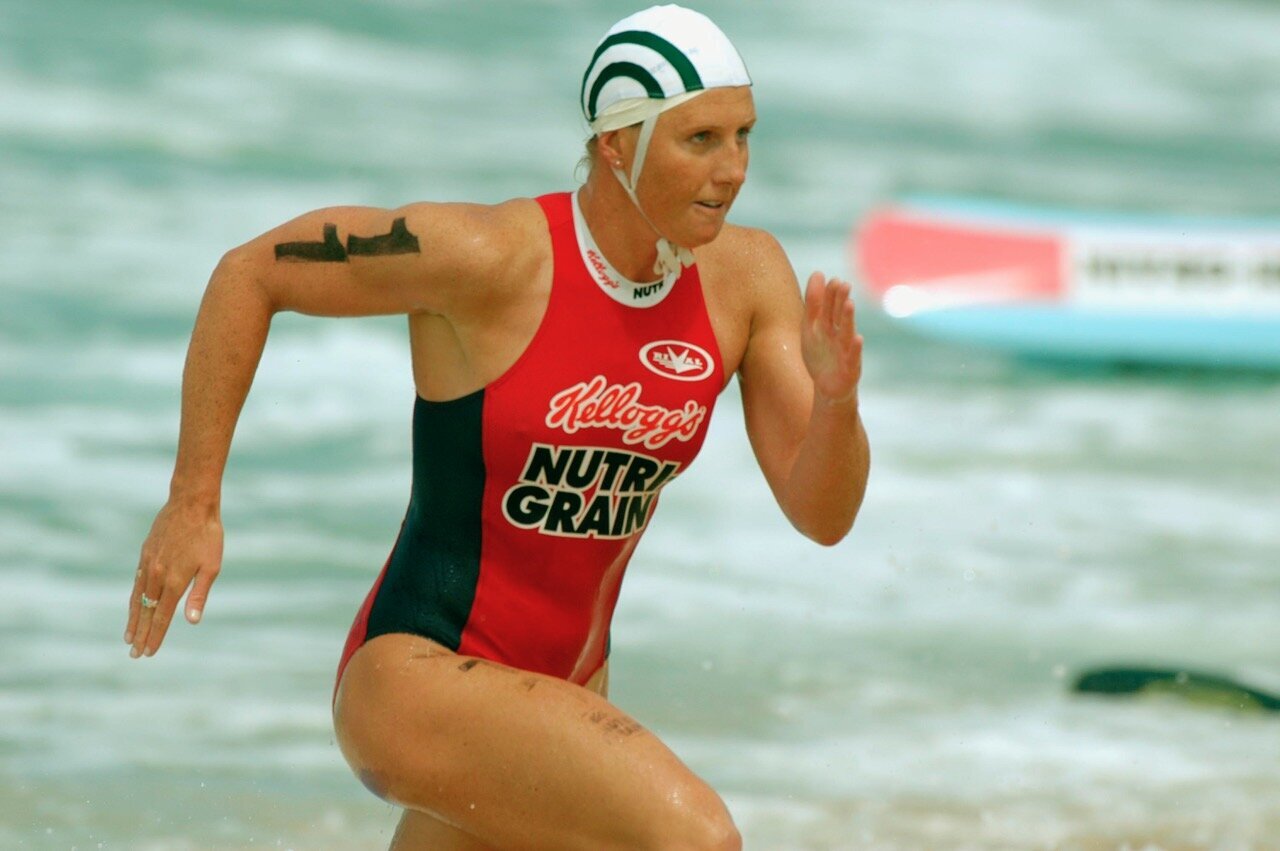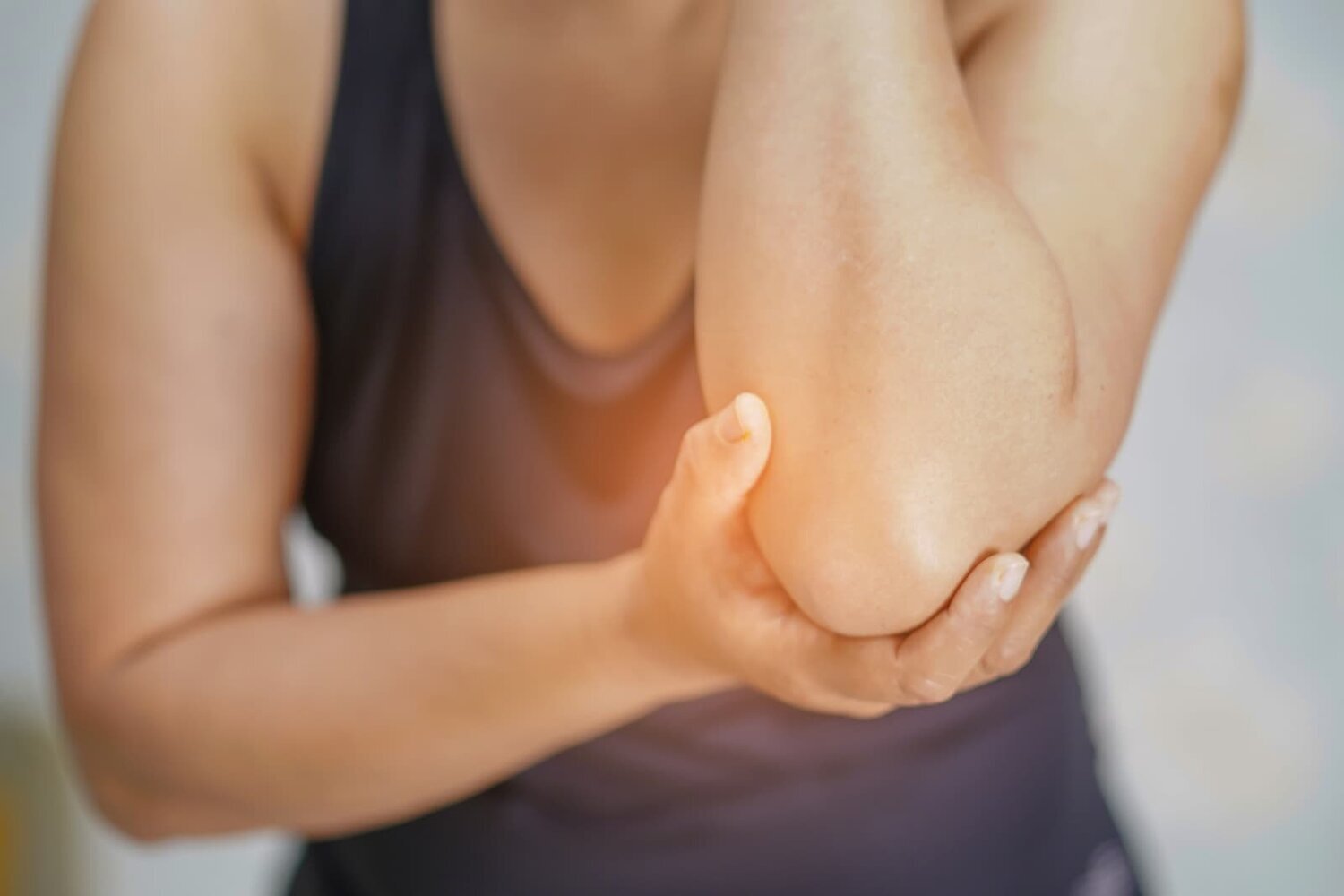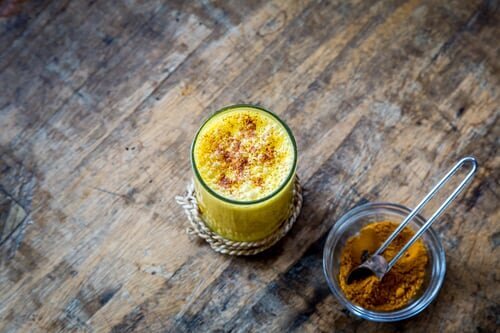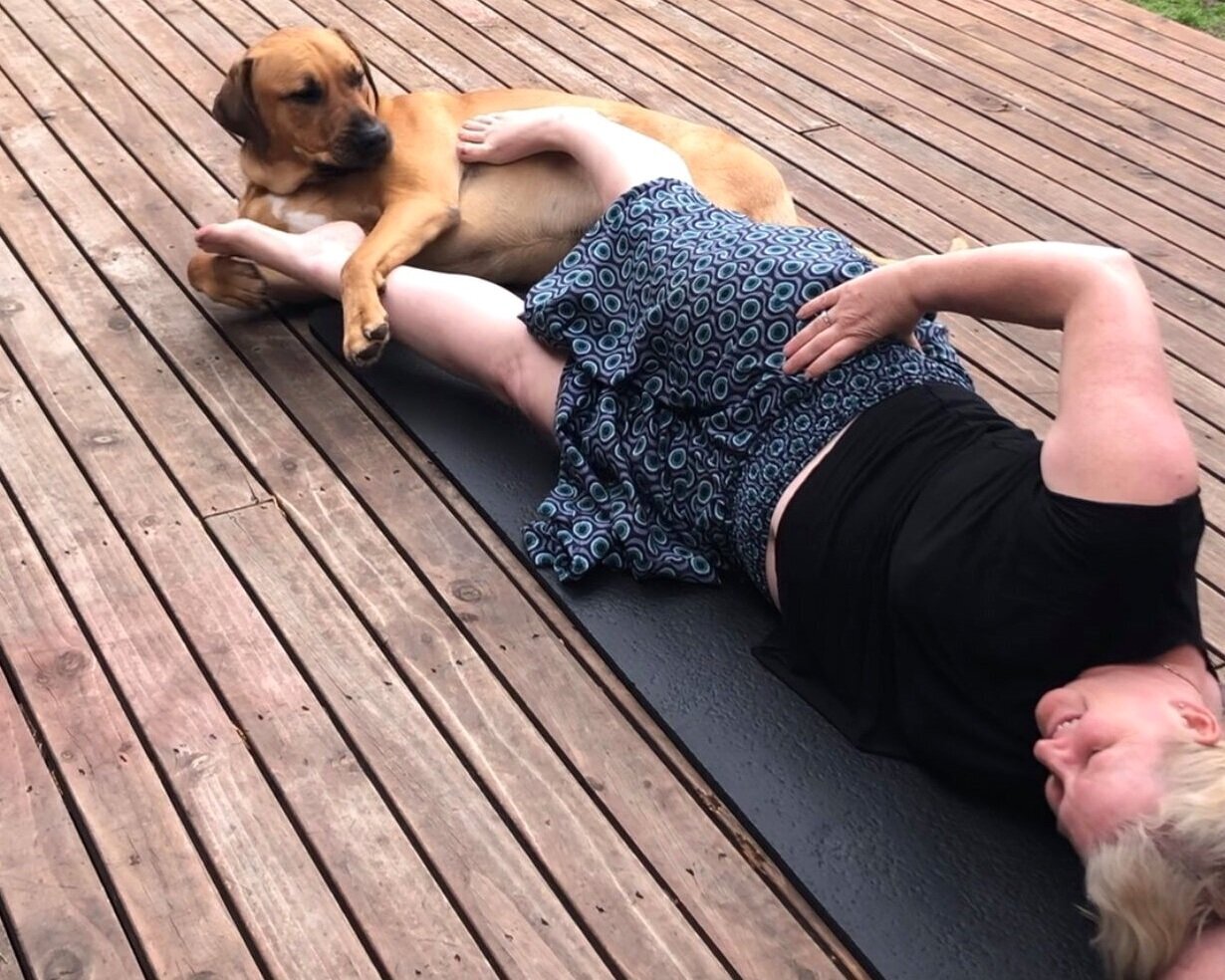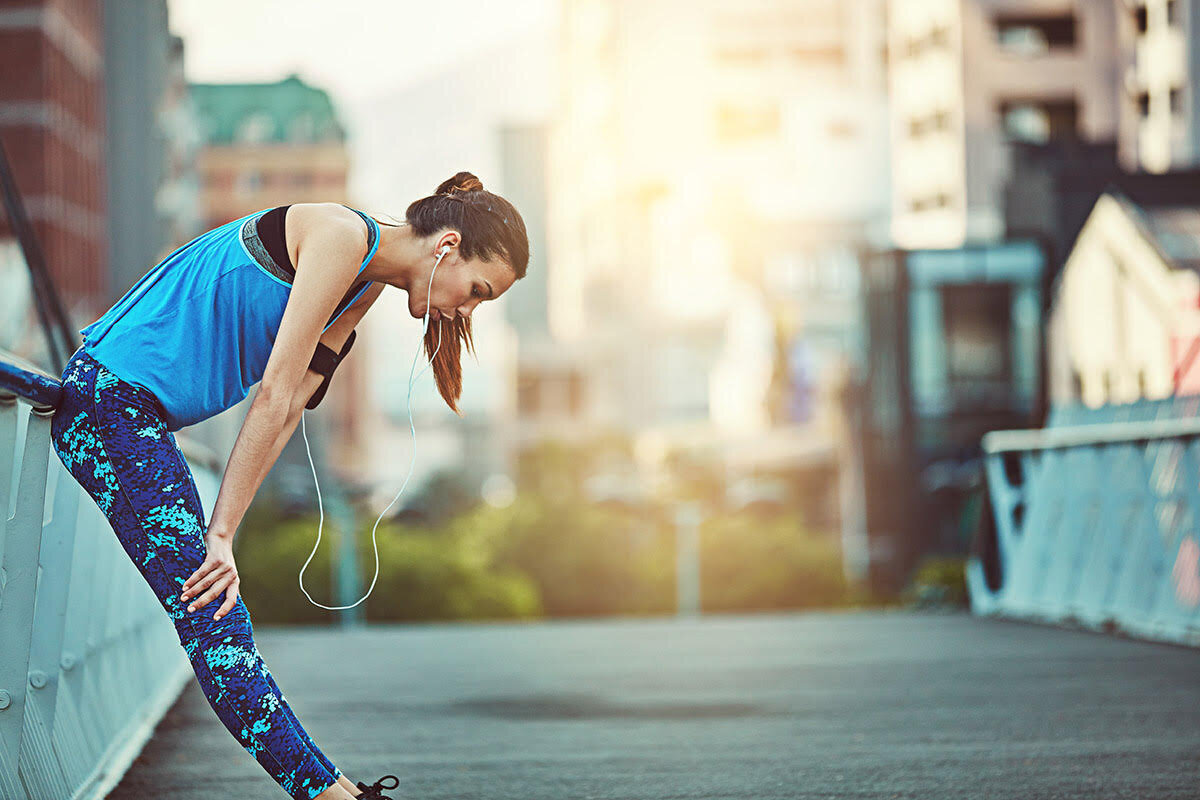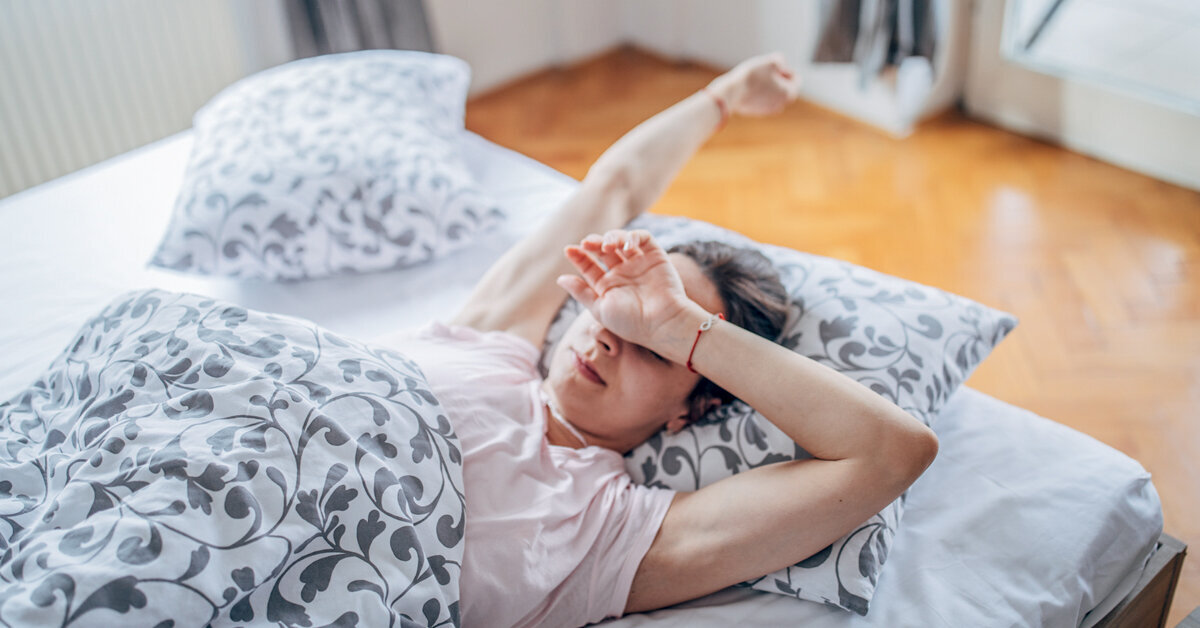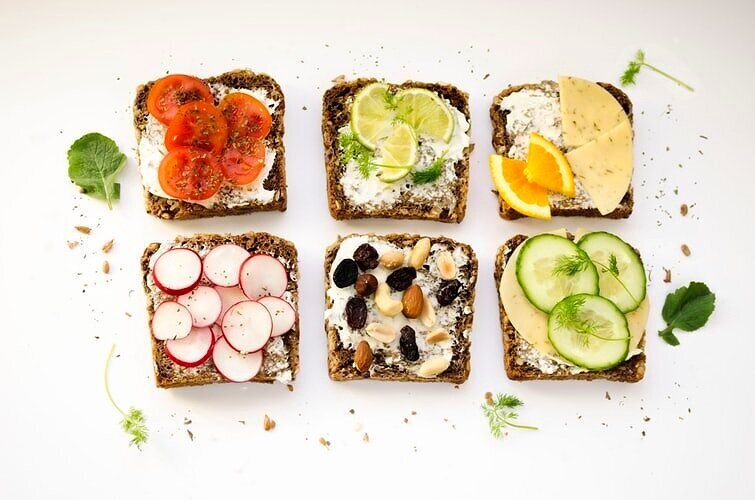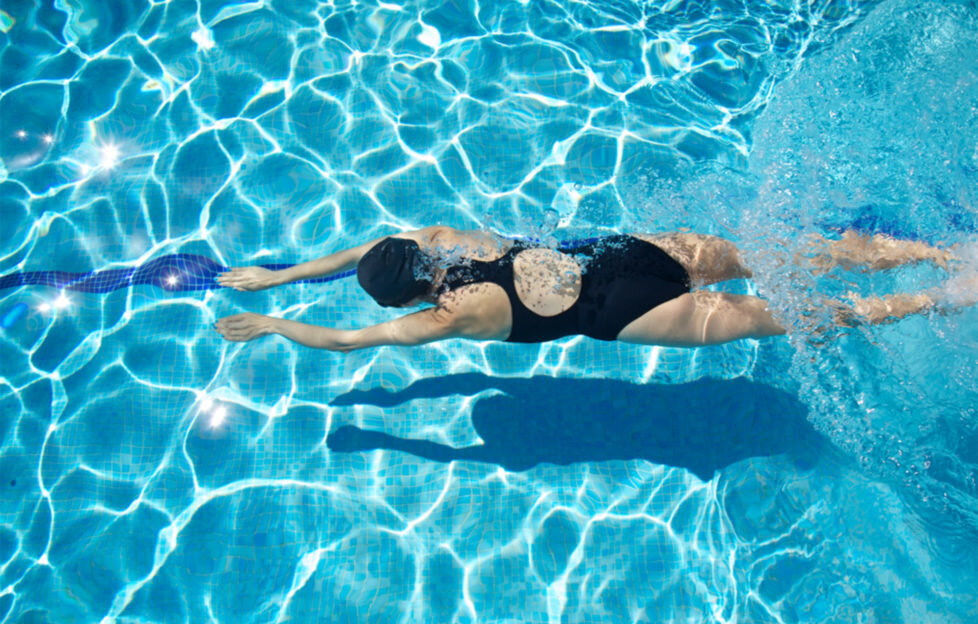Jelena Petrovic - Forward Momentum
Jelena Petrovic is a Pilates pioneer in the Netherlands – as the Founder and Principal Instructor of Smartbody Amsterdam, she’s passionate about helping people realise their potential and embrace the transformative power of movement.
A hurdle to Jelena’s already successful career came in 2016, ten years after opening her studio, when she was diagnosed with Breast Cancer . Although many would consider Jelena’s recovery story inspiring, she doesn’t see her experiences with cancer as a crucial part of who she is, rather they provide a lens that helps her to deepen her empathetic approach to teaching.
Hip Replacement and Quality of Life - A Plan Of Action
Not all hip replacements are alike! It can be helpful to know just which procedure your surgeon has will opt for. Nick Wilson from Body Systems in Hobart outlines the two approaches most commonly taken. These are the Anterior Approach, and the Postero-Lateral Approach.
Naantali Marshall - Staying Power
Naantali Marshall is accomplished, by anyone’s standards. It’s her refreshing attitude to fitness, competing and making sport a lifelong endeavour rather than a quick burn out, that makes her such a great role model for women and girls in sport.
Living Well with Type 2 Diabetes
Diabetes is a chronic disease that affects a large part of the population in Australia and around the world, creating a huge burden on those living with the disease and their carers. By educating yourself and others around you, you may be able to take steps to prevent or slow down progression of type 2 diabetes if you are at risk.
Exercises for Your Tennis Elbow
Tennis elbow is an overuse injury that, despite the name, has a myriad of causes. It’s a painful condition that can be brought on by anything from gardening to playing violin, banging your elbow on a door frame, or, you guessed it, playing tennis.
Headache in your pelvis - Overactive Pelvic Floor
The International Continence Society defines ‘Over-active Pelvic Floor’ as a situation in which the pelvic floor muscles do not relax well after a contraction, or contract when asked to relax, and/or are resistant to stretch and tender to touch.
Exercising with a Pelvic Organ Prolapse
The thought of a prolapse can make women cringe, but it’s more common than you think. According to the Continence Foundation of Australia, half of all women who give birth to a child will experience some degree of pelvic organ prolapse (POP). Women in every country of the world experience POP yet despite this, there is still a lot of misunderstanding and stigma. Living with a prolapse can cause embarrassment and emotional distress as well as impact general daily living.
Is Turmeric the Answer to Easing Pain After Exercise?
Muscle soreness that appears a day or two after exercising can affect anyone, regardless of your fitness level or ability. Sore muscles after physical activity, otherwise known as Delayed Onset Muscle Soreness (DOMS), can occur when you change your exercise, routine, start a new exercise program or increase the intensity or duration of your regular physical activity.
Exercise and the Immune System
Exercise is well recognised to have an effect on how well our immune system functions. Studies have shown that regular physical activity is associated with fewer cases of influenza, pneumonia and even decreased mortality.
In fact, near-daily, moderate-intensity exercise reduces the symptoms and duration of the common cold better than most medications and supplements.
Staying Active at Home
All around the world, people are having to ‘stay home’ to assist in the fight against coronavirus or COVID19. Staying physically active during self-isolation can seem daunting if you are new to exercise, unfamiliar with self-directed exercise, or limited by your access to the outdoors.
At WHEN we encourage regular, enjoyable movement and physical activity no matter what your circumstances. As such, we have put some ideas and suggestions together to help you stay active during isolation.
How Much Water Should I be Drinking?
The National Academies of Sciences, Engineering and Medicine (USA) released a report in 2004 stating that an average male needs 3.7 litres per day, while the average female requires 2.7 litres. Depending on how healthy your diet is, about 20-30% of that fluid intake will be derived from food, leaving roughly 3 litres required for men and around 2 litres for women.
Obviously, these requirements will change given certain conditions.
How to Make Asthma Work for You!
Exercise may be a difficult, overwhelming activity for someone living with asthma. However, asthma or not, getting moving is always going to benefit you!
Pelvic Floor Exercises For ALL Women
The best advice we can offer regarding pelvic floor health is that 'prevention is better than cure.' Acknowledge the presence and important function of your pelvic floor. Start doing pelvic floor exercises! Aim to do them every day. It takes minimal time to complete them but can have a huge impact on your future life as well as your current one. Take control and make it work for you.
The Art and Science of Sleep
The importance of sleep has become increasingly recognised as people’s lives get busier and ‘the balance’ harder to strike. Research into sleep is expanding rapidly and widespread lack of sleep has been referred to by some scientists as a ‘public health crisis.’ Sleep is an essential reprieve from the hustle of daily life, and is as fundamental for good health as oxygen, food, and water. Without it, your mind and body cannot refresh and repair itself, and your mental and physical health will pay the price.
The New Science Behind Exercise
High-Intensity Incidental Physical Activity (HIIPA) is any activity throughout your day that gets your heart rate and breathing up enough to boost your fitness.
Activities such as washing your car, taking the stairs instead of the lift, carrying groceries, walking or riding to your next appointment, or house cleaning are already part of your daily routine, but are proving to be important assets to your fitness.
Exercise and Gut Health
Exercise has once again proven to be the human body’s very own medicine. A growing number of studies have found that regular exercise can benefit gut microbes regardless of your diet.
Is it safe to do weight training when my back hurts?
Yes, It is ideal to do 2 sessions of strength/weight training a week, making sure there is a rest day in between. We recommend starting on light weights, body weight and/or elastic bands.
Exercising with Low Back Pain – is it safe?
It is now well accepted that exercise is an effective tool in the management of low back pain. It can be undertaken in a range of different settings, from walking or yoga, to a home exercise program, swimming, or a tailored pilates regime. Whilst there is an enormous variety of exercise programs available, there is no 'ideal' exercise intervention.
Running with a back injury
At WHEN, we are often asked by clients and patients if it is safe to run with back pain. Our answer is often not a simple ‘yes’ or ‘no.’ It will depend on several factors, including the nature and cause of the symptoms, as well as the stage of injury (acute or chronic).
Safe Exercises for People with Back Pain
Here are some safe exercises you can perform if you are experiencing back pain.



